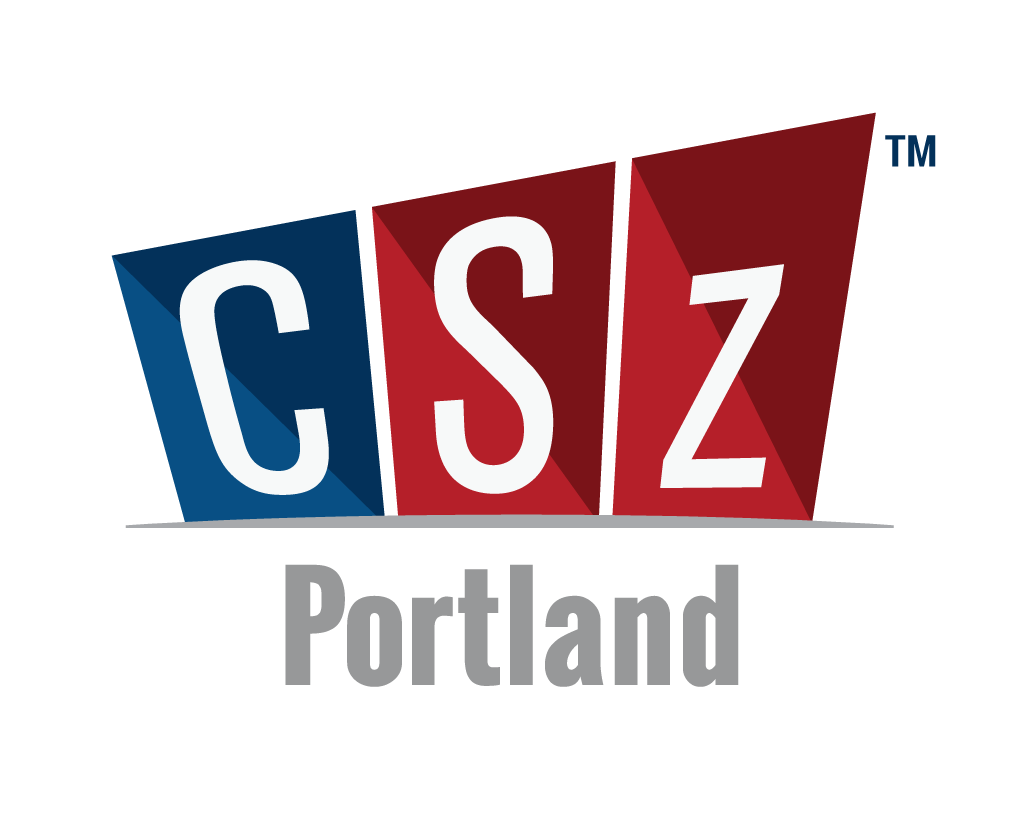Owning Your Impact
/Eric Reveno is the James Gaither Associate Head Coach of Men’s Basketball at Stanford University. This is a post from his Linked-In site, and we love a great sports analogy at CSz.
The Plus/Minus Mindset: Owning Your Impact:
A couple of years ago, the NCAA added the “plus/minus” stat to the college basketball box score. It was a nod to analytics pioneers like Dean Oliver and Ken Pomeroy, who showed that traditional stats like points, rebounds, and assists don’t tell the whole story.
But let’s be clear: plus/minus is a flawed metric in small sample sizes. At halftime, you might see “+4” for the starting point guard and “-7” for another player, and it feels definitive. Yet, as Ken Pomeroy aptly explains (https://lnkd.in/grh54W_Q), context is everything.
Heck, even at 58 years old, if I hit the floor with the right lineup, I might end up with a great plus/minus.
So, should we ditch it? I thought so—until last week.
Stanford Head Coach Kyle Smith reframed it entirely for our team. He shared how, as a kid, his dad told him:
“Your job is to make sure your team outscores the opponent while you’re in the game. Whether you’re down four when you check in or up one, when you check out your role is to have changed the score in your team’s favor. Simple as that.”
Coach Smith wasn’t advocating for the stat itself but for the mindset it represents.
Our job as teammates is simple: take responsibility for the outcomes. Line up, compete, and own it.
Life—just like basketball—isn’t fair. You’ll get credit for things you didn’t do and blamed for things you couldn’t control. But you still have to control what you can: your focus, your effort, and how you help the team succeed.
Here’s the truth: great teammates make teams better.
They solve problems, adapt, bring energy, and elevate everyone around them. They may not always show up in the box score, but their impact is undeniable. They’re called winners.
As coaches, we often talk about players who make us look good. They take solid strategies and make them great.
That’s what the plus/minus mindset demands: focus, skill, understanding, selflessness, and effort. It’s about showing up every minute to give the team what it needs.
So, whether on the court or in life, the question remains: Are you a plus?
Eric Reveno’s Linked In page, with a lot of great thinking on teams: https://www.linkedin.com/in/eric-reveno-3b5a985/





